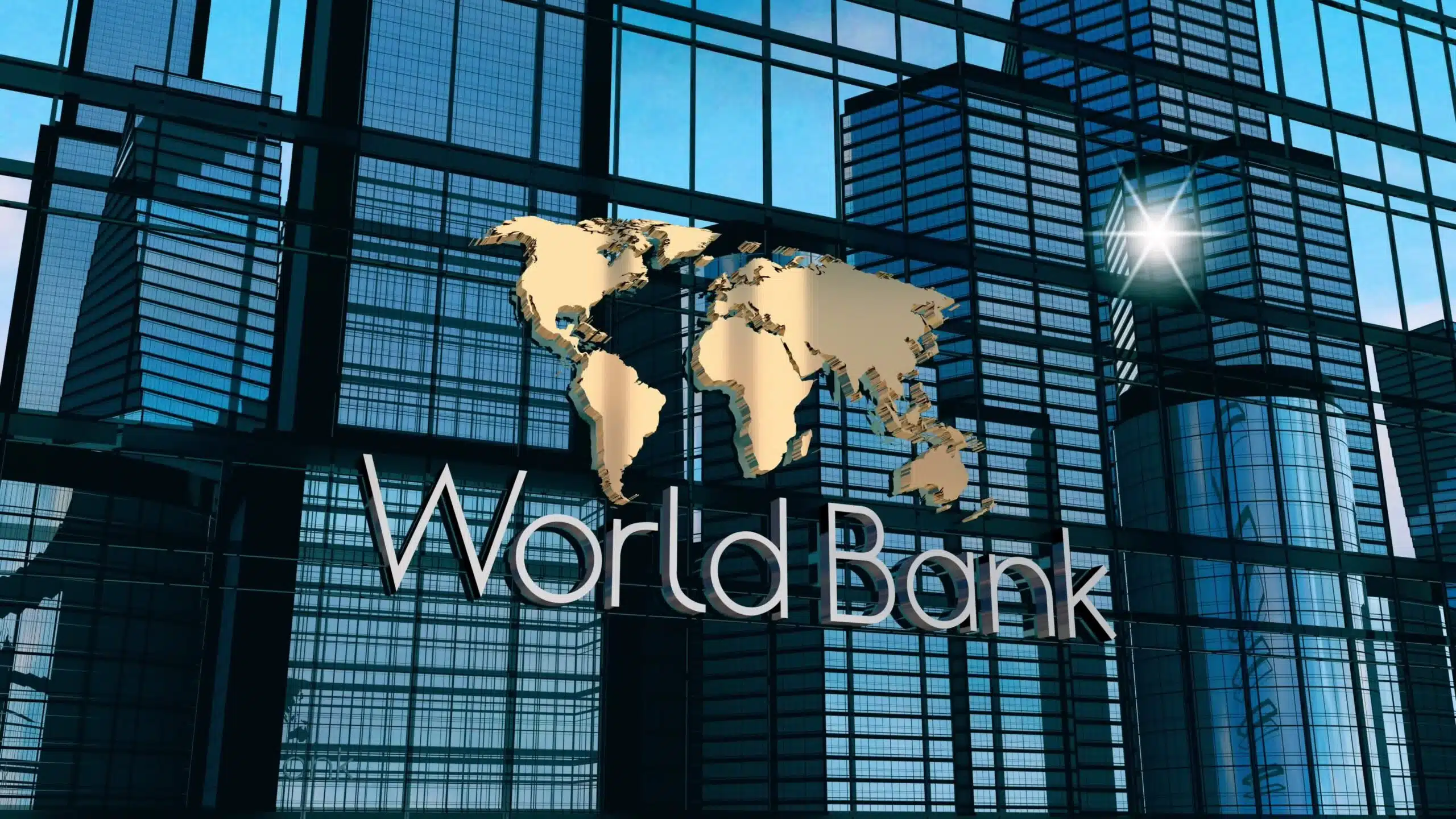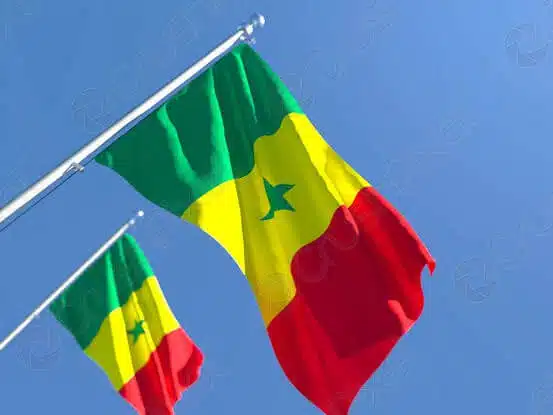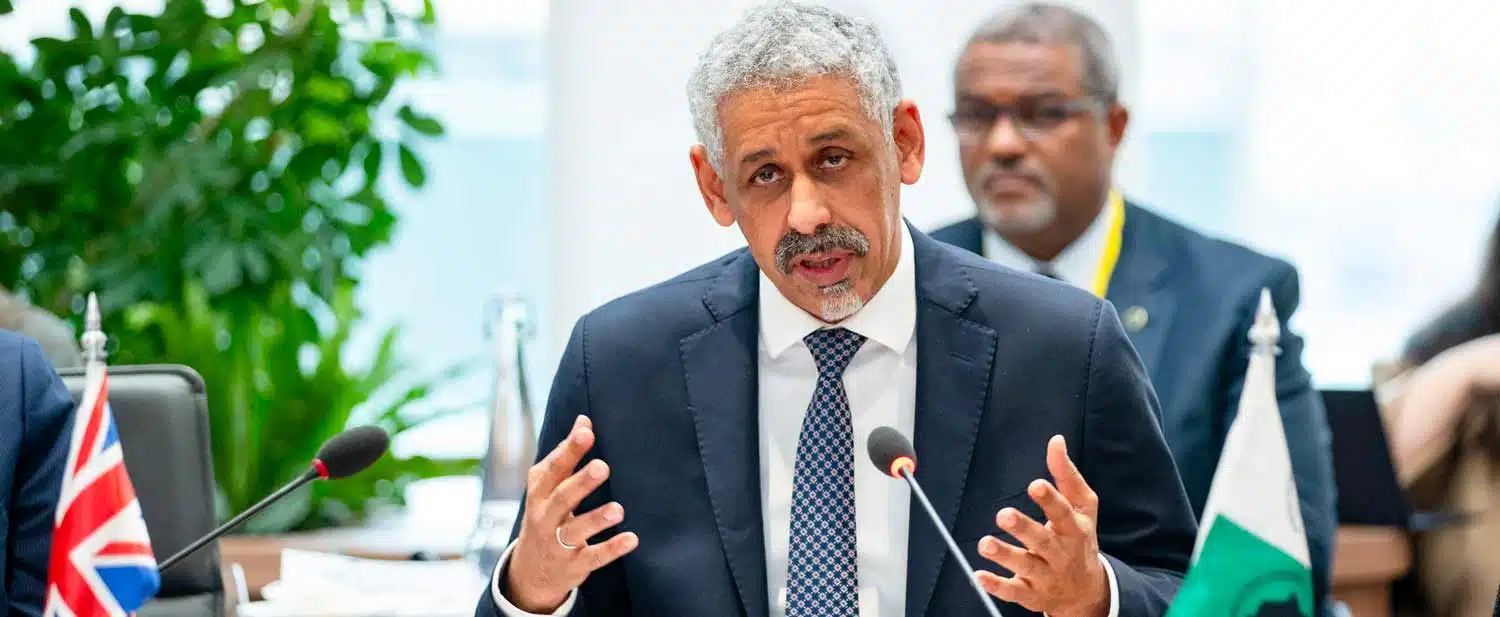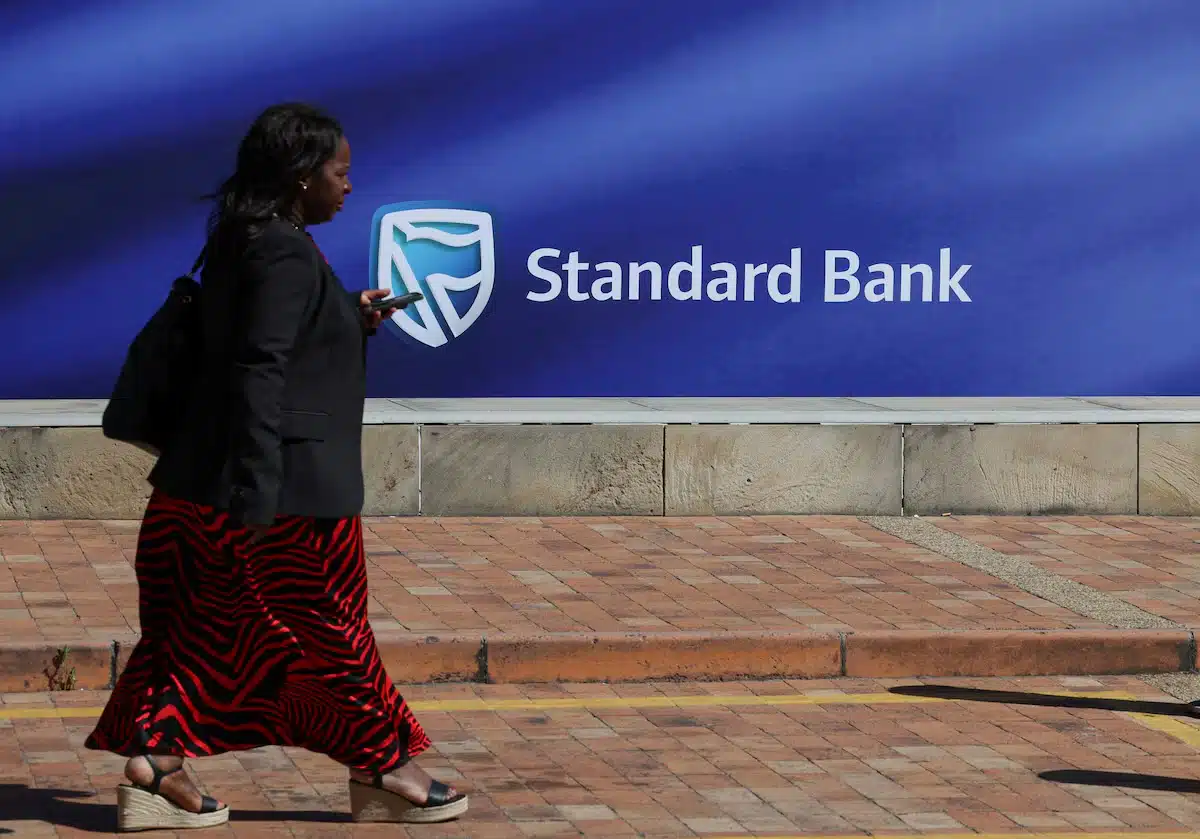The World Bank has announced that it will resume funding to Uganda, nearly two years after suspending new financial support over the East African nation’s enactment of a controversial anti-LGBT law.
In a statement to Reuters on Thursday, a spokesperson for the global lender confirmed that “the mitigation measures rolled out over the last several months in all ongoing projects in Uganda” were now deemed satisfactory.
The measures were introduced to address concerns around the potential impact of the Anti-Homosexuality Act (AHA), which drew international criticism for its severe penalties, including life imprisonment and the death penalty in certain cases.
“We have now determined the mitigation measures rolled out over the last several months in all ongoing projects in Uganda to be satisfactory,” said the spokesperson, who declined to be named.
“Consequently, the Bank has prepared three new projects in sectors with significant development needs – social protection, education, and forced displacement/refugees – which have been approved by the Board.”
The decision marks a reversal of the World Bank’s August 2023 move to halt new financing to Uganda after its parliament passed the AHA.
The legislation introduced some of the harshest anti-LGBT penalties in the world, criminalising the “promotion” of homosexuality with up to 20 years in prison.
It also imposes the death penalty for so-called “aggravated homosexuality,” including cases involving individuals with disabilities or where the act results in the transmission of a terminal illness.
Following the passage of the law, the World Bank, the International Monetary Fund (IMF), and the United States took action against Uganda.
The IMF froze disbursements under its programme, while the United States removed Uganda from the African Growth and Opportunity Act (AGOA) trade benefits list in 2024.
The return of funding from the multilateral lender comes at a time of mounting fiscal pressure in Uganda.
With access to external financing curtailed, the government had leaned heavily on domestic borrowing to fund its expenditures, pushing up interest costs and crowding out private sector lending.
Domestic borrowing and debt refinancing currently account for roughly $5.8 billion—or one-third—of Uganda’s newly passed 2025/26 budget.
Additionally, the government is expected to spend $2.8 billion on interest payments on domestic debt this financial year, compared to $450.7 million earmarked for external debt.
The sharp contrast reflects the higher interest rates and shorter maturities associated with domestic debt, which make it significantly more expensive.
The resumption of global lender’s support could help ease that pressure by reintroducing cheaper external financing, particularly in infrastructure and development sectors.
The World Bank remains one of Uganda’s largest external financiers, especially in the transport and social services sectors.
While the IMF has not announced a similar decision, the World Bank’s move signals a potential opening for renewed multilateral engagement—though human rights concerns continue to shadow Uganda’s international relations.











